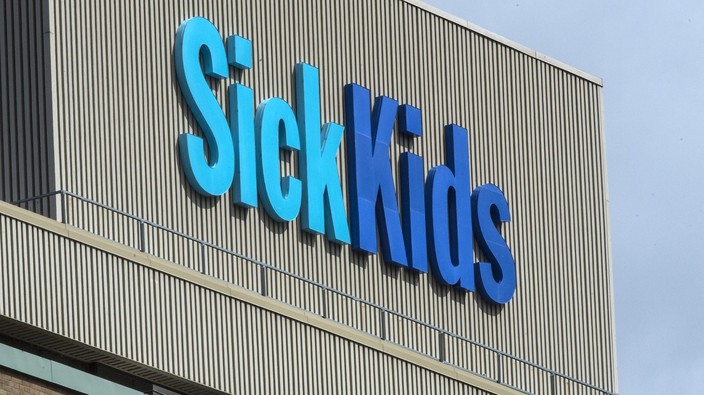in fact, the letter from sickkids advises that parents can buy other forms of acetaminophen or ibuprofen for their child, including chewable tablets, acetaminophen suppositories (there is no ibuprofen equivalent), and cut or crush regular tablets. the hospital has advised parents to discuss dosing with a pharmacist or health-care provider for these alternatives.
advil manufacturer working “tirelessly” to meet demand
advil manufacturer gsk canada said in a statement it is “working tirelessly” to meet demand, according to cbc. and anthony fuchs, a spokesperson for industry group food, health & consumer products of canada, of which tylenol manufacturer johnson & johnson is a member
told the canadian press, “there are “pockets” of canada where shortages have happened, but if you can’t find a product at one pharmacy, it’s likely available at another location.”
what is a fever?
a fever is a sign that your body is fighting an illness or infection, stimulating the body’s white blood cells and other “fighter” cells to combat the cause of the infection. a fever is defined as a temperature of 100.4 degrees fahrenheit, or 38 degrees celsius.
a fever that is making your child uncomfortable should be treated, according to
stanford medicine, but doing so will not help the body get rid of the infection any faster. and while kids between the ages of six months and five years can develop seizures from fever called febrile seizures, there is no evidence that treating it will reduce the risk of a febrile seizure.
 3 minute read
3 minute read









